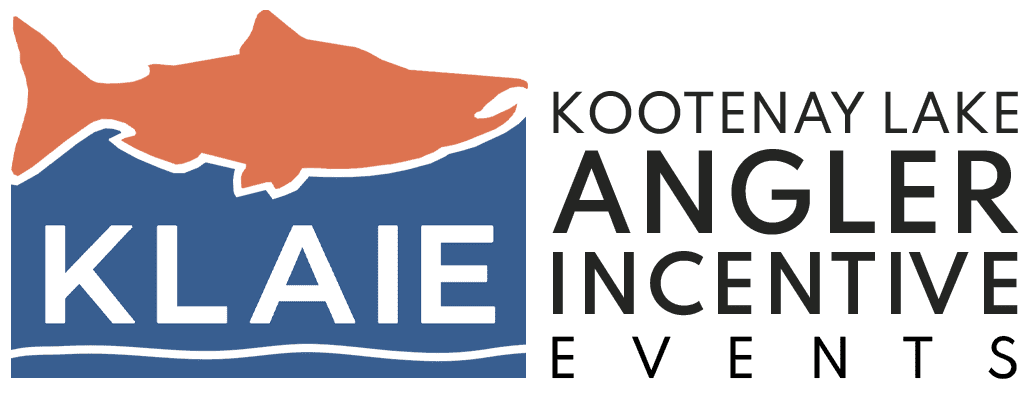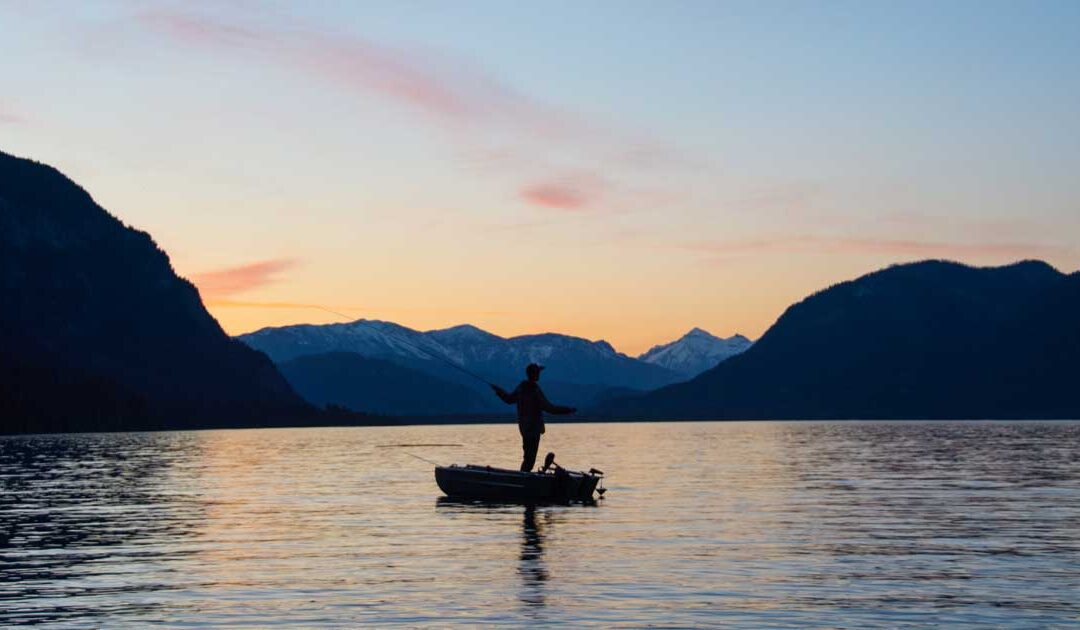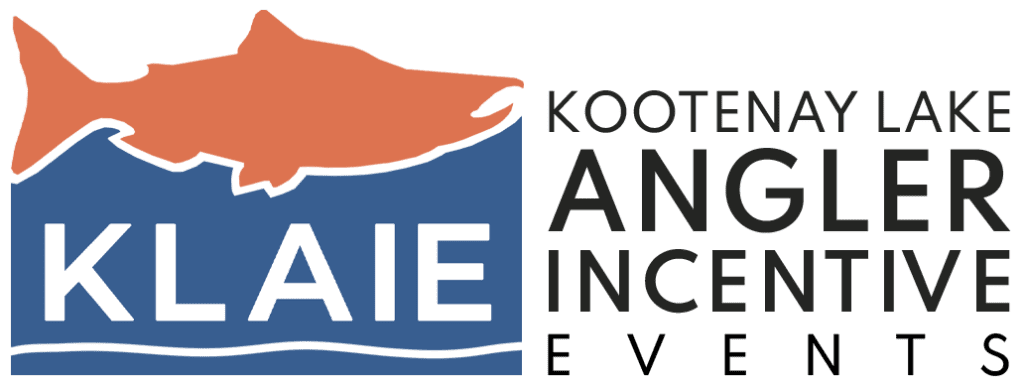“Fishing off the neighbour’s dock for whitefish on the shores of Kootenay Lake was my first exposure to angling. I was around four years old. As a young adult, I spent much of my time in a tin boat fishing on Kootenay Lake and many of the creeks that flow into it. It was something I did every summer for years.”
For Matt Neufeld, fishing on Kootenay Lake is both a pastime and a purpose.
Raised in the area, his passion for fishing and being on the water led him to pursue a career as a fisheries biologist with the Ministry of Water, Land and Resource Stewardship. Today, he is the region’s Fisheries Section Head, and one of his primary responsibilities and challenges is trying to help the native kokanee salmon recover.
Kokanee salmon have been a vital part of the Kootenay Lake food chain for roughly 9500 years, when Bonnington Falls formed and created a migration barrier, cutting sockeye ancestors off from the Columbia River and, ultimately, the Pacific Ocean.
But for a host of reasons, some known, some not, kokanee numbers in the main body of Kootenay Lake have dropped dramatically. In recent years, 95 percent of kokanee fry don’t survive a year due to a predator-prey imbalance in the lake, resulting from their overconsumption by Gerrard rainbow trout and bull trout.
Since 2014, when historically low numbers of kokanee were first observed, millions of eggs have been transplanted in the Meadow Creek spawning channel, kokanee fishery closures and increased limits for predator fishing have been established, nutrients continue to be added to the lake to support zooplankton (food for kokanee), and in 2020, concerned parties rallied to implement an angler incentive program.
And is it all working? Neufeld thinks so.
“We are not quite there yet, but through the significant work of anglers, fish and game clubs and Provincial staff over the last ten years, kokanee survival and numbers suggest we are on course to achieve recovery in the coming years,” Neufeld explains.
The Kootenay Lake Angler Incentive Events were launched in 2023 and was led by Anglers Atlas with support from the Ministry and local businesses. This was the fourth year of organized events on Kootenay Lake, with the intention of encouraging anglers to harvest bull and rainbow trout, helping kokanee fry survive to older age classes and giving anglers the opportunity to win prizes in the process.
Over 3000 entries were submitted into the 2023 program, and biologists see evidence that targeting kokanee predators works for both kokanee and the trout eating them. They have seen a significant increase in young kokanee survival, forecast an increase in kokanee spawners in 2024, and are seeing increases in size for both rainbow and bull trout likely due to improved feeding conditions (more kokanee).
For some participants, like Creston’s Ed Gudjonson, who grew up seeing schools of kokanee jump out of the water, having an opportunity to contribute to kokanee recovery is something he is glad to be a part of.
“When there’s a hook in the water, there’s hope,” Gudjonson said of the incentive events.
Matt Neufeld understands how important the kokanee are and have been to the people who call the Kootenays home.
“Fishing has always been such an integral part of the economy around Kootenay Lake, really a lifestyle for many, and the current efforts to recover the fishery should again support these values in the future,” Neufeld says.
Looking back at his childhood and now as a father teaching his own children to fish, Neufeld feels the privilege and weight of bringing a healthy kokanee population back to Kootenay Lake, and he knows others here feel the same way.
“Thinking back to those days, when I would wake up at first light, long before anyone else was up, and spend the calm mornings on the water…it makes me feel incredibly lucky to now work on managing fish resources for the broader Kootenay Region, ensuring that populations are protected for my kids and others in future generations, but also supporting angling opportunities where stocks support it,” Neufeld says. “Kokanee are resilient under most conditions, and given some reprieve from the predation pressure that initially drove collapse, they will recover.”
Neufeld and other Ministry staff have been hosting annual local public meetings to provide an update on Kootenay Lake recovery, with upcoming meetings in late February. Concerned and curious residents are encouraged to attend, learn more and ask questions about the fish that means so much to so many.
Evening presentations will take place on:
Monday, February 26th from 7:00 to 9:00 pm at the Balfour Community Hall
Tuesday, February 27th from 4:30 to 6:30 pm at the Lardeau Valley Community Club.


